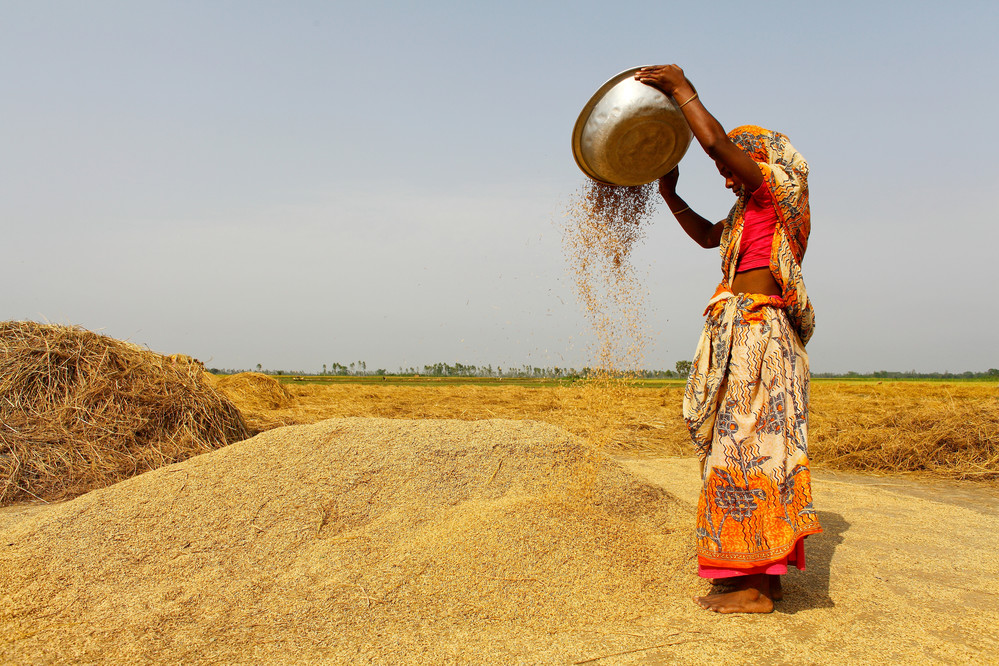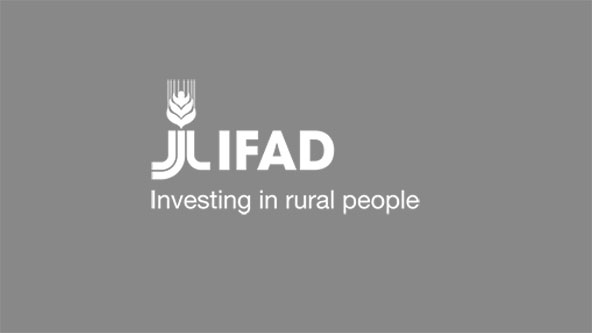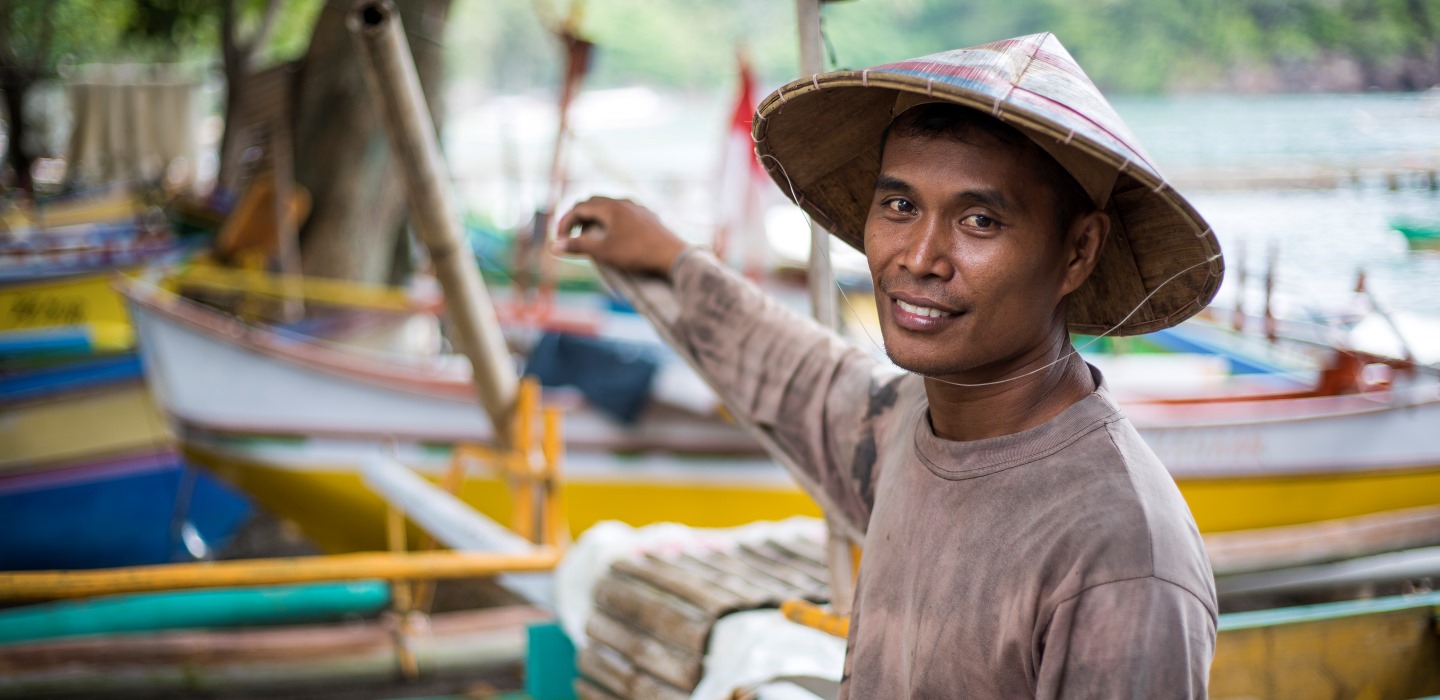Food loss reduction
Food loss reduction
The challenge
A significant share of the food produced in developing countries gets lost along the supply chain, before it reaches the market. This is true for all agricultural commodities, including fruit and vegetables, grains and pulses, meat and dairy, fish and animal products.
Such food loss has negative impacts on the livelihoods, nutrition and food security of millions of smallholder farmers. Also considering the waste of resources used to grow this lost food, the economic and environmental cost related to this loss is very high.
Food loss reduction offers a clear opportunity to improve global food security, without putting additional pressure on the environment.

The solution
IFAD programmes have long supported the reduction of food losses in developing countries. Between 2013 and 2016 IFAD allocated US$433 million, or 12 per cent of total loan disbursement, to on and off-farm post-harvest infrastructure, equipment and capacity building of stakeholders across all value chains. These investments, together with value chain interventions to improve market access and access to rural finance, are essential to enable smallholder farmers to reduce their losses.
IFAD has also partnered with a range of donors to scale-up its work and impact on food loss reduction, with a strong focus on research and innovation. Such partnerships have been funded by DFID, the Irish Government, SDC and the Rockefeller Foundation and involved collaborations with other UN Rome-based agencies. Other agencies have partnered with IFAD and Member States under investment programmes to improve infrastructure geared towards food loss reduction.
Using the FAO Food Loss Assessment methodology, IFAD and its partners have been identifying the critical loss points along commodity value chains, and generating knowledge on where and how to reduce food loss. Research focused on different commodity value chains in Malawi, Ethiopia, Timor-Leste, Uganda, Burkina Faso and DRC. Through a SDC-funded partnership with FAO and WFP, IFAD has further contributed to the development of a web-based global knowledge platform, the Community of Practice on food loss reduction.
Related stories
Asset Publisher
Strengthening rural value chains, one link at a time
A well-oiled agricultural value chain allow small-scale farmers to make the most of their produce. That’s why IFAD works with rural communities around the world to strengthen local value chains and overcome the challenges that arise along the way.
Clean energy, thriving rural communities
Rural communities need energy to develop, but in a rapidly heating world, a green transition is crucial. Renewable sources, like solar power and biogas, are allowing them to prosper without relying on polluting fossil and wood fuels.
10 ways to reduce food loss: lessons from the field
Food loss occurring after harvest and before retail sale, also termed post-harvest loss, is a key challenge in many developing countries and one that IFAD is committed to alleviate.
Related blogs
Asset Publisher
Tackling food loss for sustainable food systems
Reducing food losses makes food systems more sustainable. Although the exact causes are different for every crop and in every country, there are plenty of avenues to prevent, detect, and reverse these losses.
Investing in a better future: East and Southern Africa
East and Southern Africa is home to a diversity of landscapes, people and challenges. We sat down with Regional Director Sara Mbago-Bhunu to talk about rural life and the importance of investment.
Fighting food waste in China: Local efforts, global effects
Related publications
Asset Publisher
The Food Loss Reduction Advantage: Building sustainable food systems
Food loss analysis: causes and solutions – The Republic of Uganda. Beans, maize, and sunflower studies
This report illustrates the food loss assessment studies undertaken along the maize, sunflower and beans supply chains in Uganda in 2015-16 and 2016-17.
Food loss analysis: causes and solutions – Case studies on sorghum, maize and cowpea in Burkina Faso
The objective of this study is to estimate the qualitative and quantitative losses along the sorghum, maize and cowpea supply chains, to highlight the critical points of losses and to identify the main causes of the losses.
Related projects
Related videos
Please enter a valid video URL.
The URL can point to any video file or a Youtube video.
Please enter a valid video URL.
The URL can point to any video file or a Youtube video.
Please enter a valid video URL.
The URL can point to any video file or a Youtube video.



